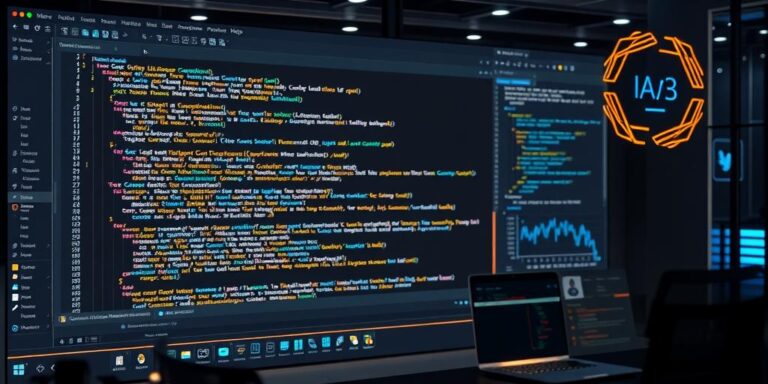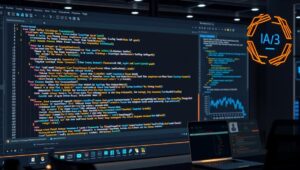The Future of IDEs: AI-Assisted and Collaborative (2025)
Integrated Development Environments (IDEs) are the cornerstone of software development. As we move closer to 2025, IDEs are undergoing a significant transformation, driven by advancements in artificial intelligence and the increasing demand for seamless collaboration. This article explores the future of IDEs, focusing on AI-assisted features and collaborative capabilities.
AI-Assisted Development
AI is set to revolutionize how developers write code. Here are key AI-driven features expected in future IDEs:
- Intelligent Code Completion: AI algorithms will provide more accurate and context-aware code suggestions, reducing coding time and errors.
- Automated Code Generation: AI will generate code snippets, entire functions, or even complete modules based on natural language descriptions or existing code patterns.
- Smart Debugging: AI-powered debugging tools will automatically detect and diagnose errors, offering suggestions for fixing them.
- Code Refactoring: AI will assist in refactoring code to improve readability, maintainability, and performance, with minimal manual intervention.
- Security Vulnerability Detection: AI will analyze code for potential security vulnerabilities, providing real-time alerts and remediation suggestions.
Collaborative Capabilities
Collaboration is crucial in modern software development. Future IDEs will offer enhanced collaborative features:
- Real-Time Code Sharing: Multiple developers can simultaneously work on the same code file, with changes synchronized in real-time.
- Integrated Communication: IDEs will include built-in communication tools like chat, video conferencing, and screen sharing for seamless team interaction.
- Collaborative Debugging: Teams can collaboratively debug code, with each member able to inspect variables, set breakpoints, and step through code.
- Version Control Integration: Deep integration with version control systems like Git will allow teams to manage code changes, resolve conflicts, and track contributions efficiently.
- Role-Based Access Control: Fine-grained access control will ensure that only authorized team members can access and modify specific parts of the codebase.
The Impact on Developers
These advancements will significantly impact developers:
- Increased Productivity: AI assistance will automate mundane tasks, allowing developers to focus on higher-level problem-solving.
- Improved Code Quality: AI-driven tools will help developers write cleaner, more efficient, and more secure code.
- Enhanced Collaboration: Seamless collaborative features will enable teams to work together more effectively, regardless of location.
- Reduced Learning Curve: AI-powered guidance and automated code generation will make it easier for new developers to learn and contribute.
Challenges and Considerations
While the future of IDEs looks promising, there are challenges to consider:
- Data Privacy and Security: AI algorithms require vast amounts of data to train, raising concerns about data privacy and security.
- Bias in AI Models: AI models can inherit biases from the data they are trained on, leading to unfair or discriminatory outcomes.
- Integration Complexity: Integrating AI and collaborative features into existing IDEs can be complex and time-consuming.
- Developer Adoption: Developers may be hesitant to adopt new AI-driven tools, requiring training and support to overcome resistance.
Conclusion
The future of IDEs is bright, with AI and collaboration poised to transform the software development landscape. By embracing these advancements, developers can become more productive, write better code, and collaborate more effectively. As we approach 2025, expect IDEs to become indispensable tools that empower developers to build innovative and impactful software solutions.




